 John Lindala
John Lindala
John Lindala
John Lindala Experience
Throughout his fitness career, John has trained professional athletes for championship teams, and special populations of all ability levels, and published his own book Hip Neutral. His work has sold internationally and helped thousands of clients relieve and restructure their hip complexes. John has worked as an expert consultant for the Nautilus Brand, ACE Fitness, and a variety of tech-based fitness startups creating a global fitness influence.


